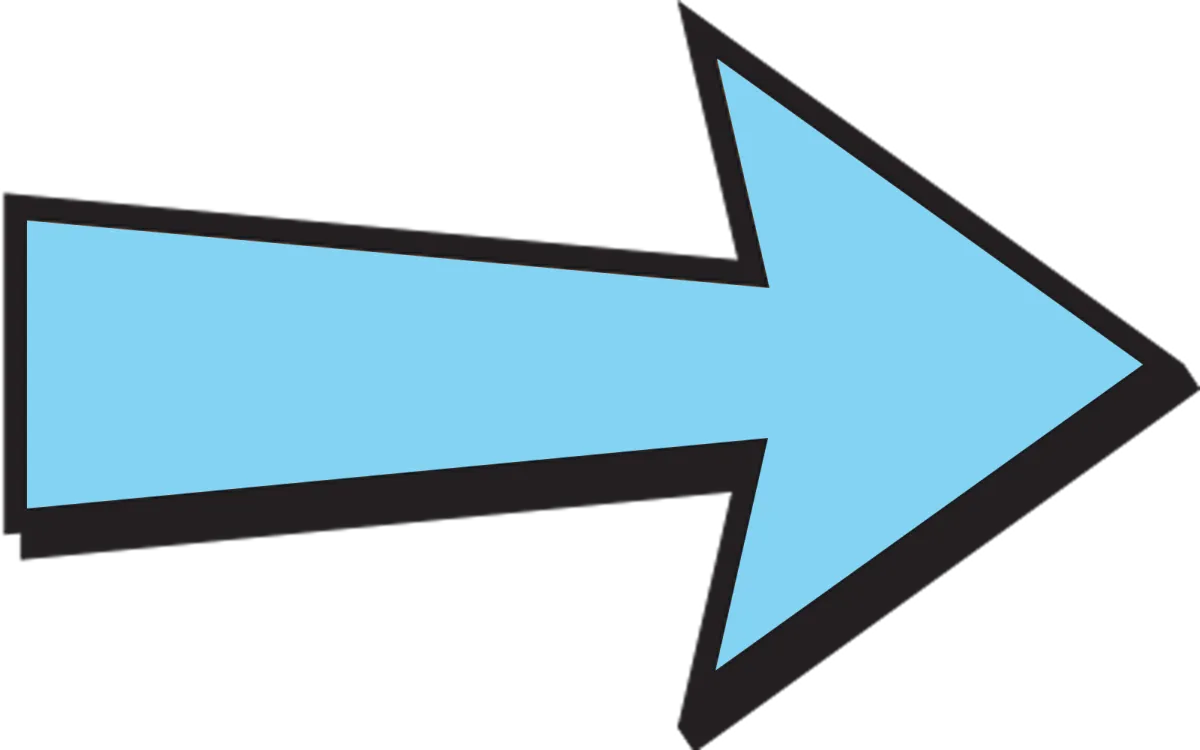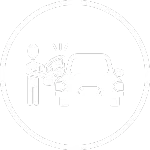Oh Snap! 404 Error
404 - This Page Has Moved or No Longer Exists

FSDAVCFEBFEVSDDVFSD

FSDAVCFEBFEVSDDVFSD
Check Out Our Positive Reviews or Visit Another Page

Contact Info
Service Hours
Social Media
Home
Services
Service Areas
Blog
About
Contact
Contact Info
Service Hours
Mon - Fri: 8:00 am – 6:00 pm
Saturday: by Appointment
Sunday: Closed
Social Media

Licensed, bonded, & insured
